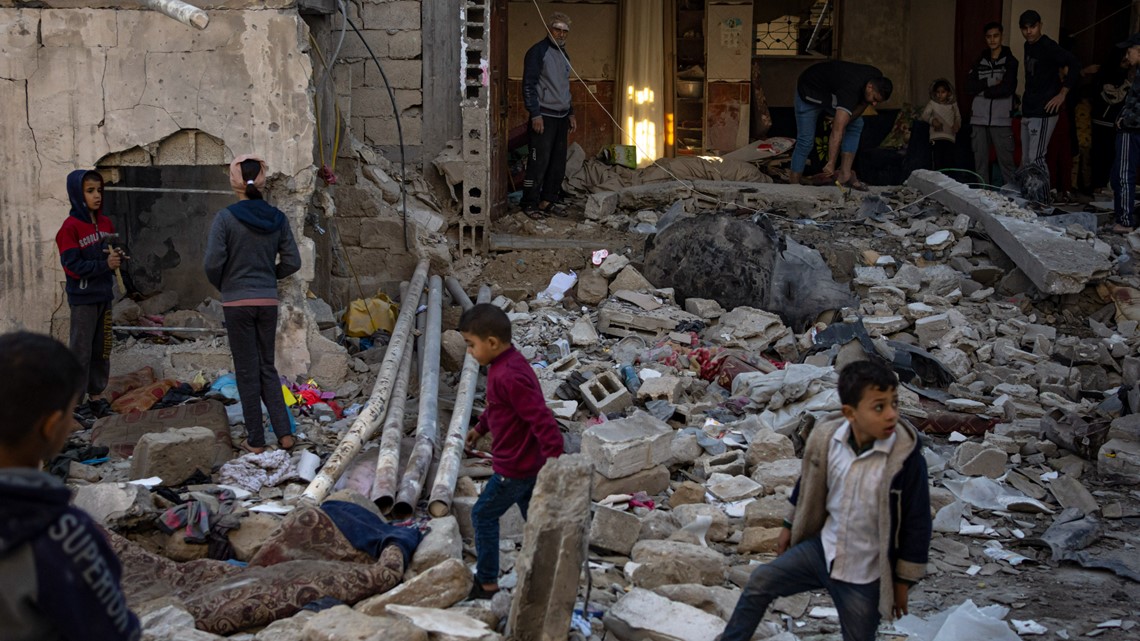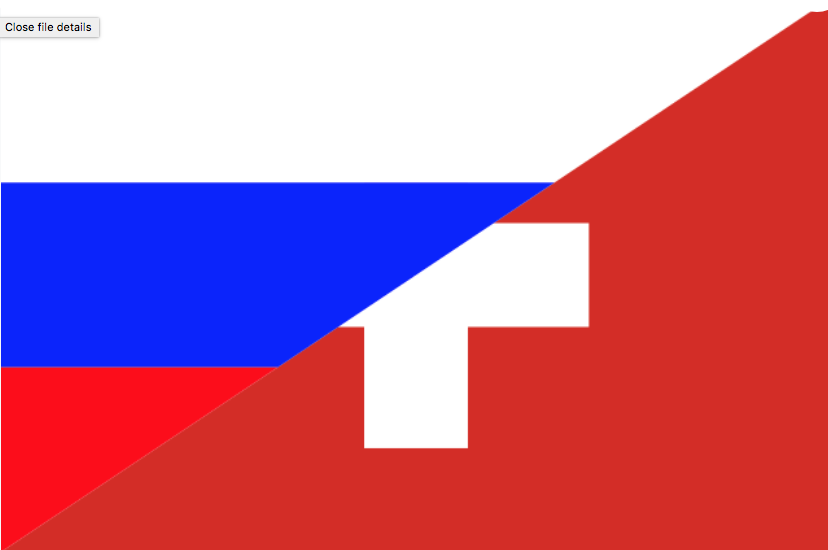. . . but war cares about you.
For several years, I’ve been warning that the rise in nationalism will lead to more war. And now it’s happening. Here’s Bloomberg:
This week, the International Institute for Strategic Studies in London published the latest edition of its authoritative annual Armed Conflict Survey, and it’s not predicting much peace for the holidays. It paints a grim picture of rising violence in in many regions, of wars chronically resistant to broking of peace. The survey — which addresses regional conflicts rather than the superpower confrontation between China, Russia, the US and its allies — documents 183 conflicts for 2023, the highest number in three decades. . . .
This week, the International Institute for Strategic Studies in London published the latest edition of its authoritative annual Armed Conflict Survey, and it’s not predicting much peace for the holidays. It paints a grim picture of rising violence in in many regions, of wars chronically resistant to broking of peace. The survey — which addresses regional conflicts rather than the superpower confrontation between China, Russia, the US and its allies — documents 183 conflicts for 2023, the highest number in three decades.
This may seem like a faraway problem, as most of these conflicts occur in Africa, the Middle East and south/central Asia. But as this tweet demonstrates, it is those regions that will increasingly dominate the global population:
And another Bloomberg article suggests that the problem may be spreading to the previously quiet Western Hemisphere:
In a move reminiscent of Vladimir Putin’s invasion of Ukraine, the dictator of Venezuela — Nicolás Maduro, a former bus driver and acolyte of leftist strongman Hugo Chávez — sponsored a referendum in his nation last week. The subject was whether to annex a vast region of Guyana adjacent to Venezuela called Essequibo, which represents roughly two-thirds of Guyana’s territory. It is a resource-rich tract with oil, gold, fresh water and timber — and a relatively tiny population of around 100,000. . . .
In his brilliant 2018 book on geopolitics, The Jungle Grows Back, political scientist Robert Kagan laid out the case that the more international norms are eroded somewhere, the faster chaos descends regionally and even globally. It can start to look like the 1930s, when Nazi Germany and Imperial Japan began to grab increasingly large chunks of territory in Europe and Asia, respectively.
Nationalism is not patriotism. It is a zero-sum ideology, which looks at the world through the lens of us vs. them. Nationalism embraces tribalism, protectionism, xenophobia, authoritarianism, militarism, misogyny and homophobia. In my view, it has become the number one problem facing the world today. And if not addressed, I fear that it’s about to get much worse.
PS. I’ve done a number of posts discussing the difference between nationalism and patriotism. Bloomberg has a good article on the subject:
It’s patriotism when love of your own people comes first; it’s nationalism when hate for people other than your own comes first. That definition comes from Charles de Gaulle, a former national hero and president of France.
















